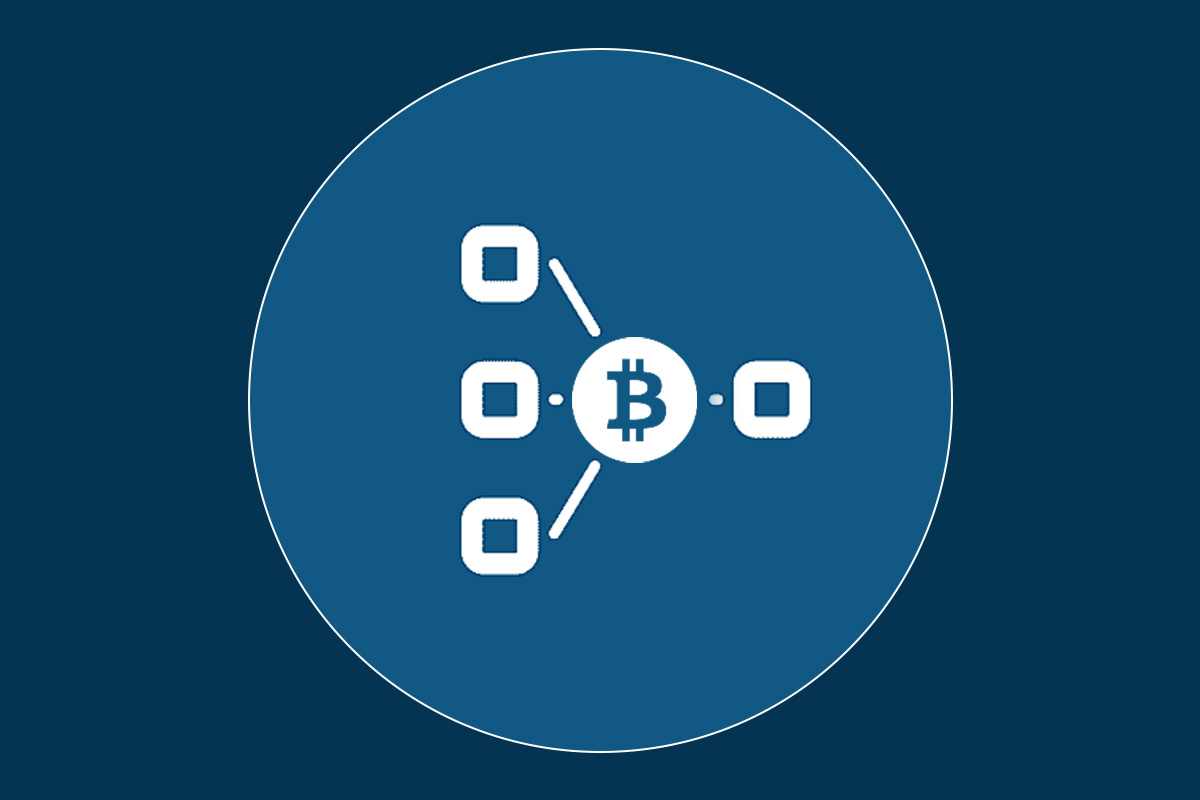Cryptoprocessing, also known as crypto payment processing, is the term used to describe the transaction process of payments made with cryptocurrency.
BitPay pioneered the first cryptoprocessor in 2011, and since then, numerous cryptocurrency processors have emerged. These processors enable buyers to utilize crypto as a method of payment for purchasing goods and services.
Functioning of cryptocurrency payment gateways
A crypto payment gateway is a crucial service that facilitates the acceptance of cryptocurrency payments by merchants.
Acting as an intermediary, it performs various vital functions such as recording payer data, accepting payments, transmitting transaction data to the blockchain, converting crypto to fiat upon merchant’s request, transferring payments to the merchant, and providing confirmation of processed payments to all parties involved in the transaction.
How cryptocurrency payments operate
Nowadays, cryptoprocessing has become a widely adopted tool, particularly by online stores, gambling companies, and ticketing/tour services. When making payments with cryptocurrency, users are directed to a payment page through a generated link provided by the cryptoprocessing service. Typically, transactions must be completed within a set timeframe, often around 15 minutes, due to cryptocurrency’s high volatility. However, on gambling platforms, account wallets are topped up instead, allowing for more flexibility regarding time limits. For added convenience, users can also effortlessly proceed with payments by simply scanning QR codes.
Several forms of cryptoprocessor
When it comes to cryptocurrency payment processing, there are two primary methods. In the crypto-fiat model, the merchant receives fiat money in their bank account after the conversion. In the crypto-crypto model, the seller receives cryptocurrency, but they can only accept payment in one nominated crypto asset, regardless of the number of coins they accept. Regardless of the chosen model, the cryptoprocessor handles the conversion, manages exchange rate risks, and ensures that the assets are transferred to the seller’s crypto wallet.
The necessity for cryptoprocessing in enterprises
Accepting cryptocurrency payments for goods and services is a promising and advantageous option for sellers. It enables them to offer more payment options to consumers and attract new customers who prefer to pay with crypto.
Cryptocurrency payments provide benefits such as heightened security, lower transaction fees, global accessibility, transaction reliability, and faster fund withdrawals.
However, integrating a cryptoprocessing service is crucial for businesses, as it facilitates invoice creation, automates payment tracking, consolidates payments from different crypto assets into a single coin, and offers a range of services including user support and introducing new coins.
Developing a personal cryptoprocessor is unnecessary and costly compared to utilizing existing third-party solutions.
Key participants in cryptoprocessing
BitPay, the world’s first crypto processor, has been operating since 2011. It supports a wide range of cryptocurrencies including Bitcoin Cash (BCH), Ethereum (ETH), Dogecoin (DOGE), and others, along with stablecoins like USDT and DAI.
BitPay provides services for payment withdrawals and offers its own crypto wallet and debit card. Over 250 companies and stores currently work with BitPay.
CoinPayments is another crypto processor that supports numerous cryptocurrencies such as Bitcoin (BTC), Litecoin (LTC), and Ripple (XRP). It offers automatic crypto-to-fiat conversions and serves over 100,000 merchants worldwide.
Coinbase, a major crypto exchange and wallet, also functions as a crypto processor with clients including Shopify and various large companies globally. B2BinPay, launched by B2Broker, supports dozens of popular coins and stablecoins, offering both on-chain and off-chain operations with a processing time of about 20 seconds.
Problems with cryptocurrency transactions
Despite the advantages and convenience of cryptocurrency payments, there are several drawbacks to cryptoprocessing.
Firstly, the high volatility of cryptocurrencies poses a risk to sellers as they may receive a smaller fiat amount than expected.
Secondly, cryptocurrency payment processing speeds are often slower compared to traditional fiat systems.
For instance, Bitcoin processes only 7 transactions per second, Ethereum handles up to 30, and Dogecoin manages 33, while Visa can process up to 24,000 transactions per second.
Additionally, companies using the “crypto fiat” model are required to pay commissions twice, which includes sending coins to exchange services and converting them to fiat. Finally, many jurisdictions do not recognize cryptocurrency as legal tender, creating challenges for businesses to accept coins and tokens.
In conclusion, while cryptocurrency payments offer profitability and convenience for buyers and sellers globally, the main challenge lies in the state regulations governing these transactions. Despite this, the market is witnessing a growing number of cryptocurrency payment systems as more payment services are integrating crypto solutions into their platforms. The potential for further expansion in this area will largely depend on the emergence of clearer regulations from regulators in the future.







Leave a Reply